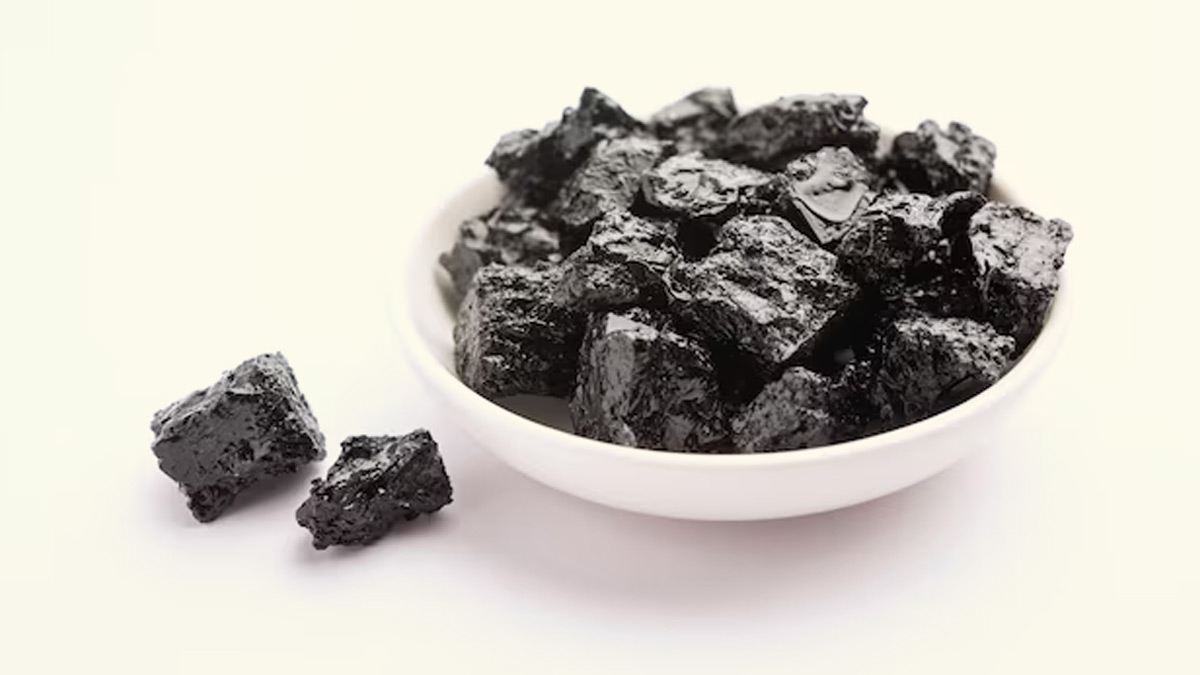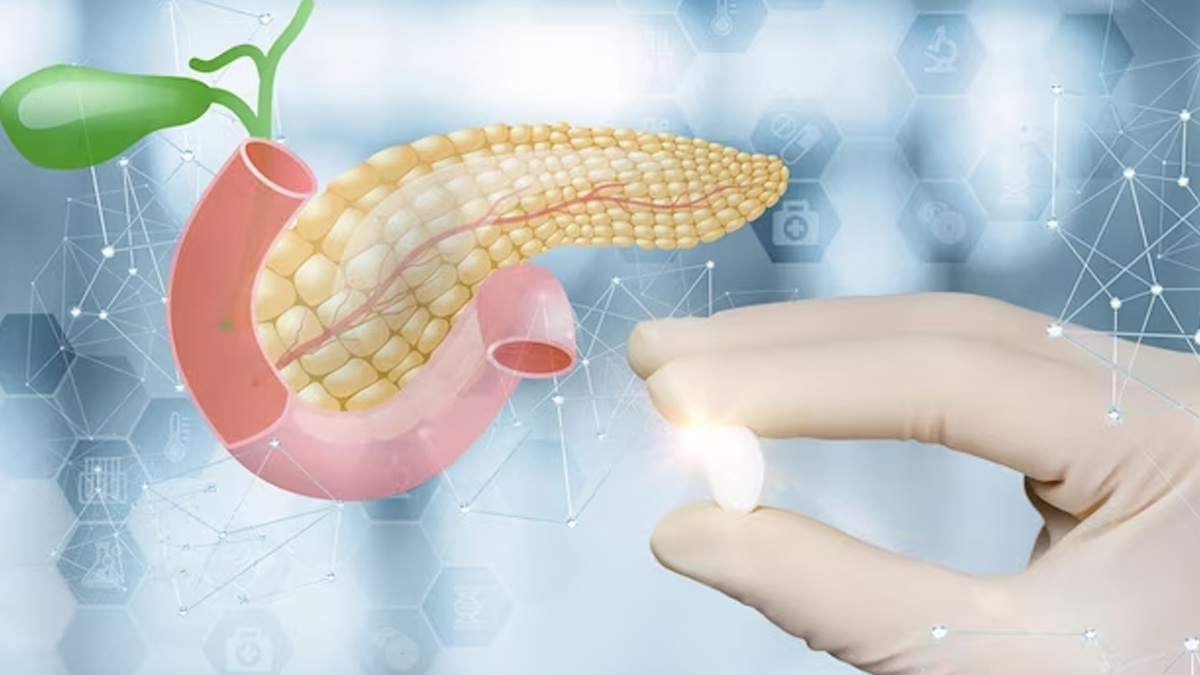
Did you know shilajit, a sticky, tar-like substance found in the rocks of the Himalayas can help in treating diabetes? Among its various medicinal uses, its ability to regulate blood glucose levels, enhance insulin secretion, and mitigate diabetic complications positions it as a valuable ally in the fight against diabetes. We spoke to our expert Dr Ganesh Chaudhary, Bachelor of Ayurvedic Medicine and Surgery (BAMS), PHC, Darbhanga, Bihar, who explained the benefits of shilajit in treating diabetes.
Table of Content:-
Understanding Diabetes

“Diabetes is a chronic metabolic condition identified by increased levels of blood glucose. This condition arises due to either insufficient insulin production or the body's inability to effectively utilise insulin”, said Dr Chaudhary. It can lead to severe complications, including cardiovascular diseases, kidney failure, and nerve damage.
As per the findings of the Indian Journal of Ophthalmology, the diabetic population in India numbered 77 million in 2019, with projections indicating a surge to over 134 million by 2045.
Role of Shilajit In Managing Diabetes
“Shilajit is a mineral-rich substance that contains fulvic acid, humic acid, and other organic compounds. These components give shilajit antioxidant, anti-inflammatory, and adaptogenic properties, making it a promising ingredient for managing diabetes”, added Dr Chaudhary.

Regulating Blood Glucose Levels
One of the primary benefits of shilajit in diabetes treatment is its ability to regulate blood glucose levels. According to research published by the University of Toronto, shilajit demonstrates efficacy in managing blood glucose levels and enhancing the lipid profile.
“By promoting glucose uptake, shilajit helps stabilise blood sugar levels, which is crucial for individuals with diabetes”, said Dr Chaudhary.
Also Read: Addressing India's DIABETES DILEMMA Never Too Early To Test But May Be Too Late To Treat
Improving Insulin Secretion
“Insulin, produced by the pancreas, plays a pivotal role in glucose metabolism. Insufficient insulin secretion or impaired insulin function contributes to diabetes pathogenesis”, added Dr Chaudhary. Shilajit may stimulate pancreatic beta cells, enhancing insulin production and secretion. This mechanism helps address the underlying insulin deficiency observed in individuals with diabetes.

Protecting Pancreatic Function
The pancreas is vulnerable to oxidative stress, which can impair its function and exacerbate diabetes progression. Shilajit's antioxidant properties combat oxidative damage, shielding pancreatic cells from harm. By preserving pancreatic health, shilajit contributes to the maintenance of proper insulin production and glucose regulation.
Alleviating Diabetes Complications
Diabetes often leads to complications that affect various organs and systems in the body. Dr Chaudhary highlighted, “Shilajit's anti-inflammatory and antioxidant actions offer protective effects against diabetic complications, such as nephropathy, neuropathy, and retinopathy. Also, shilajit's ability to improve blood circulation and cellular energy production may alleviate symptoms associated with diabetic neuropathy.”
Also Read: Diabetes and Liver Diseases: Expert Explains The Connection Between The Two
Enhancing Overall Health
In addition to its specific effects on diabetes, shilajit offers various advantages that enhance overall health and well-being. It increases energy levels, improves cognitive function, and strengthens the immune system. These comprehensive benefits make shilajit an essential supplement to diabetes management, as it helps individuals maintain optimal health despite their diabetic condition.

Incorporating Shilajit into Diabetes Management
Dr Chaudhary emphasised, “While shilajit shows promise in diabetes treatment, it is essential to approach its use with caution. People with diabetes should consult healthcare professionals before incorporating shilajit into their treatment regimen. Also, shilajit supplements vary in quality and purity, so it is advisable to choose reputable brands that adhere to stringent quality standards.”
[Disclaimer: This article contains information provided by an expert and is for informational purposes only. Hence, we advise you to consult your expert before adding anything to your diet, especially if you are dealing with any health issues.]
Also watch this video
How we keep this article up to date:
We work with experts and keep a close eye on the latest in health and wellness. Whenever there is a new research or helpful information, we update our articles with accurate and useful advice.
Current Version